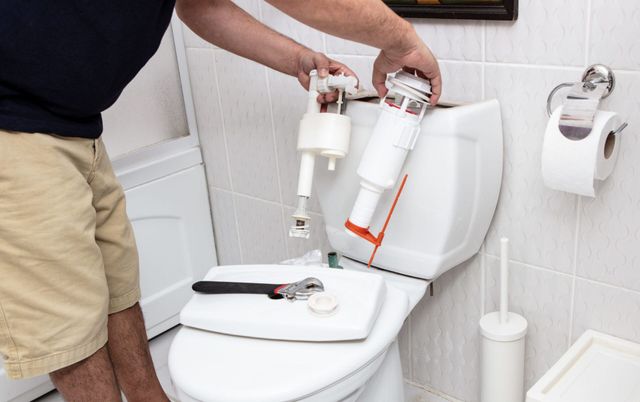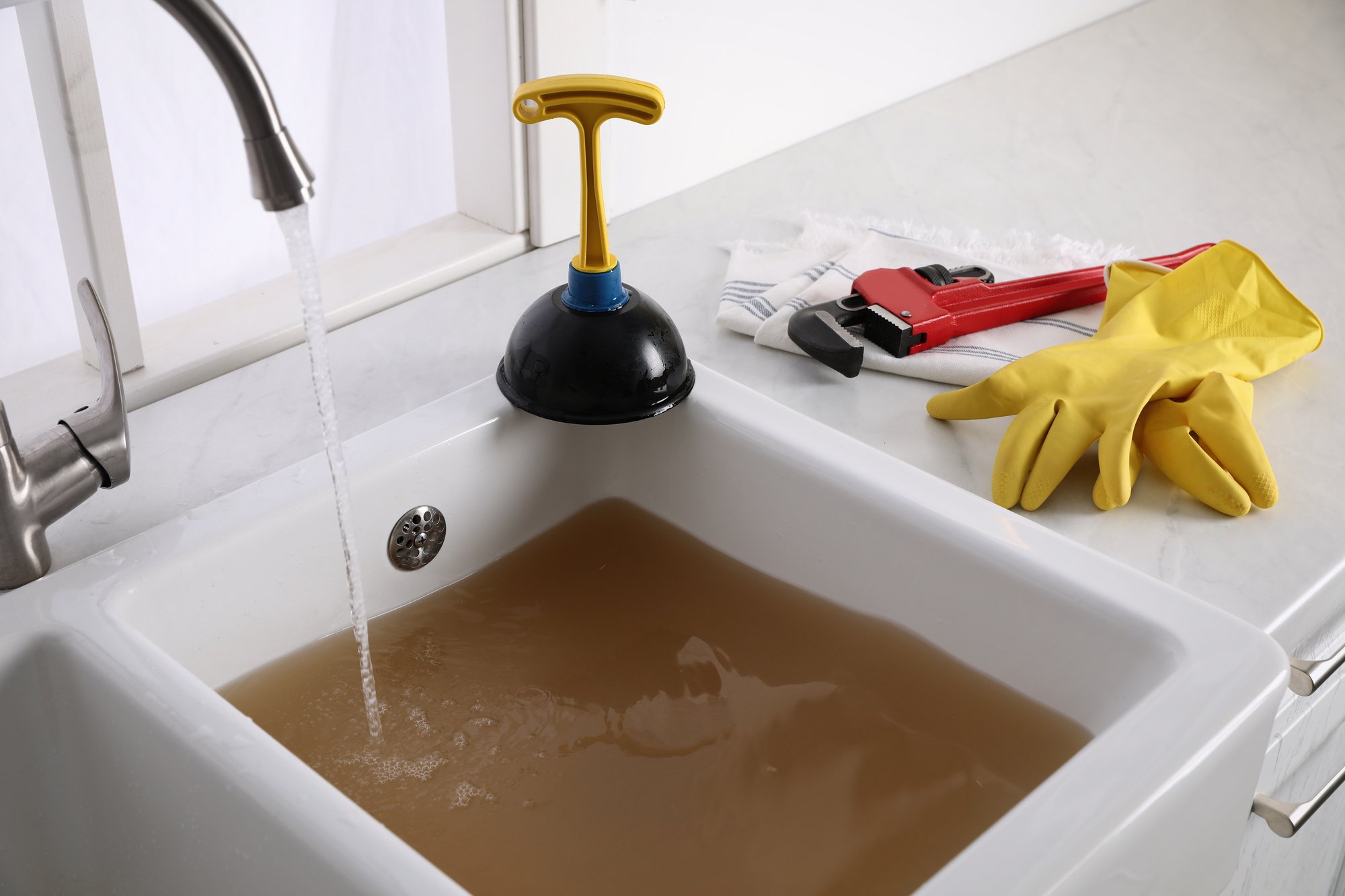New Homeowner's Guide to Bathroom Plumbing: Best Guidelines
New Homeowner's Guide to Bathroom Plumbing: Best Guidelines
Blog Article
On this page further down you might get additional decent content on the subject of Plumbing Tips for New Homeowners.

For new home owners, understanding and maintaining washroom pipes can save both time and money by stopping pricey concerns down the line. Below are some important shower room plumbing suggestions to aid you keep every little thing running smoothly.
Acquaint Yourself with the Key Shut-Off Shutoff
Knowing where the primary water shut-off valve lies in your house is crucial. This permits you to promptly shut off the water system in case of significant leakages or during plumbing emergency situations, stopping comprehensive water damage.
Frequently Examine for Leaks
Small leakages can bring about big troubles. Frequently check under sinks, around commodes, and near pipes fixtures for any indicators of leakages. Try to find moisture, little drips, or rust. Capturing and repairing leaks early can prevent more major damages and save water.
Do Not Ignore Slow Drains
If your sink or bath tub is draining pipes gradually, it's typically a sign of an obstruction forming. Resolving this early can protect against a total obstruction. Make use of a plunger or a plumbing professional's serpent to remove particles. Prevent making use of chemical drain cleansers as they can damage your pipelines in time.
Know What Not to Flush
Bathrooms are not waste disposal unit. Stay clear of flushing anything apart from toilet paper and human waste. Products like wipes, feminine health items, and cotton swabs ought to be dealt with in the trash to prevent clogs and sewer backups.
Mount Strainers in Drains
Area strainers in your sink and bath tub drains to capture hair and various other debris before they enter your plumbing system. Cleansing the filters consistently will aid protect against buildup and maintain water flowing openly.
Keep Your Water Heater
Ensure your water heater is set to an ideal temperature (normally about 120 levels Fahrenheit) to prevent hot and decrease energy use. Flush the storage tank yearly to remove sediment accumulation, which can minimize the effectiveness and life-span of your heater.
Upgrade Your Components
If your home has older fixtures, consider updating to more efficient versions. Modern commodes, showerheads, and taps are created to make use of much less water while providing great stress, which can considerably decrease your water bill and ecological footprint.
Be Cautious with DIY Plumbing Repair Works
While it's appealing to manage all home fixings by yourself, be cautious with plumbing. Some problems might require professional competence, particularly if they involve main water lines or sewage system repair work. Working with an expert can sometimes be much more cost-effective than do it yourself, specifically if it protects against additional damage.
Get Ready For Cold Weather
Shield your pipelines from cold throughout cold weather by protecting pipelines in unheated locations like cellars, attic rooms, and garages. During extreme chilly, let cold water drip from taps offered by subjected pipelines to assist protect against cold.
Schedule Regular Upkeep
Take into consideration organizing annual examinations with a licensed plumbing. They can detect problems that you may miss out on, such as surprise leakages or wear and tear on pipelines and components. Routine maintenance aids expand the life of your plumbing system and can protect against emergency situations.
Verdict
Recognizing and keeping your home's shower room plumbing can stop many usual problems. By following these important tips, you can ensure your shower room remains practical and reliable, conserving you time and money over time.
Essential Plumbing Tips for Homeowners: What You Should Know
Plumbing issues can be a nightmare if left unattended, often resulting in costly repairs and significant damage to your home. That's why it's crucial for homeowners to arm themselves with the essential home plumbing maintenance tips and knowledge to prevent such mishaps and maintain the efficiency of their plumbing system.
?Get to know the various aspects of residential plumbing maintenance, from identifying warning signs of potential issues to simple tasks you can perform to keep your plumbing in top condition. By empowering you with the necessary plumbing tips for homeowners in this guide, we will help you tackle everyday plumbing challenges with confidence to keep your home's plumbing system flowing smoothly.
Mastering Home Plumbing Tips
Understanding the basic home plumbing tips allows homeowners to detect issues early on, take prompt action, and prevent them from becoming major headaches. With this proactive approach, homeowners can save both time and money.
Moreover, having a grasp of plumbing basics enables homeowners to communicate effectively with plumbers or other professionals when seeking assistance. Being able to accurately describe the problem and understand the proposed solutions not only streamlines the repair process but also helps homeowners make informed decisions about their plumbing systems.
Whether it's discussing drainage solutions, leaky taps, or fixture installations, a solid understanding of basic home plumbing maintenance tips promotes better collaboration between homeowners and professionals to ensure that repairs or upgrades meet the homeowner's needs and expectations.
Home Plumbing Maintenance Tips
Here are some basic yet essential home plumbing tips to keep your plumbing in its tip-top shape:
Be Cautious During Renovations
When renovating your home, be mindful of the location of pipes to avoid accidentally damaging them. Plan your renovations carefully and, if unsure, consult a professional plumber to help identify potential hazards.
Avoid Flushing Trash Or Wipes Down Drains
Flushing items like wipes, sanitary products, or paper towels down the toilet can lead to clogs and damage to your plumbing system. Dispose of these items properly in the trash.
Know The Location Of The Water Mains Cut-Off
In case of a plumbing emergency, such as a burst pipe, knowing the location of the water mains cut-off valve can help minimise damage by quickly shutting off the water supply to your home.
Avoid Chemical Drain Cleaners
Chemical drain cleaners can damage pipes and harm the environment. Instead, use natural alternatives like a mixture of baking soda and vinegar or get help from a qualified plumber for stubborn clogs.
Check Seals And Connections Regularly
Inspect seals and connections around sinks, toilets, and appliances for signs of leaks or damage. Address any issues promptly to prevent water damage and mould growth.
https://www.eze-flowplumbing.com.au/essential-plumbing-tips-for-homeowners-what-you-should-know

Here Report this page